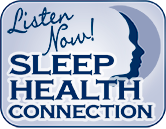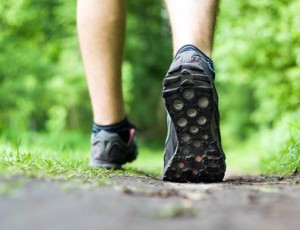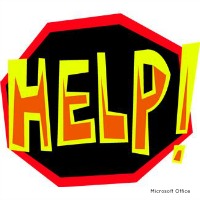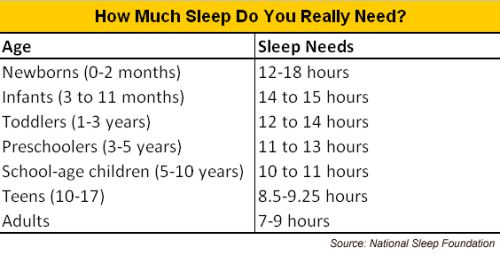Not getting enough sleep could cause you to drive as if you were drunk
Mom, did you know that not getting enough sleep could cause you to drive as if you were drunk?
My daughter came home yesterday reciting a fact she had learned during health class in one of our Naperville Schools. It’s great that teachers are bringing the importance of getting enough sleep into the classroom setting!
The dentists of the American Academy of Dental Sleep Medicine have been strong advocates, not only for the importance of getting enough sleep, but also for avoiding drowsy driving.
One of their recent public awareness programs involves Dentists Against Drowsy Driving. Here are some quick and dirty facts about drowsy driving:
- Drowsy driving can be as dangerous as drunk driving.
- Drivers are 15 times more likely to be involved in a deadly motor vehicle accident when they have excessive daytime sleepiness,
- Motor vehicle accidents due to drowsy driving account for $48 billion in medical costs each year.
- Each year drowsy drivers cause at least 100,000 accidents, and teens have the highest risk.
Here are some signs that may indicate drowsy driving:
- Yawning frequently
- Unable to keep you eyes open
- Drifting into other lanes
- Can’t remember the last few miles
- Moving onto the road shoulder
- Missing turns
- Stopping too close to car in front of you
If you find yourself driving with these conditions, it may be a great idea to switch drivers, pull over to take a stretch, or get some caffeine.
If these occurrences are happening often, it would be wise to review your sleep routine for quantity and quality of sleep. If you feel you are getting enough sleep but are still often feeling drowsy during driving, discuss your symptoms with your physician. You may have a life threatening sleep disorder such as obstructive sleep apnea.
Dental Sleep and TMD Center of Illinois, a premiere snoring and apnea treatment center in Naperville, has been providing the CPAP alternative treatment of oral appliance therapy for over 15 years successfully. We are extremely passionate in helping individuals that have been struggling with CPAP therapy in Naperville, Lisle, Aurora, Bolingbrook and surrounding Chicago suburbs. For more information on this physician recommended treatment option visit www.TiredOfSnoring.com or call us at (630)369-5508.










(630) 369-5508